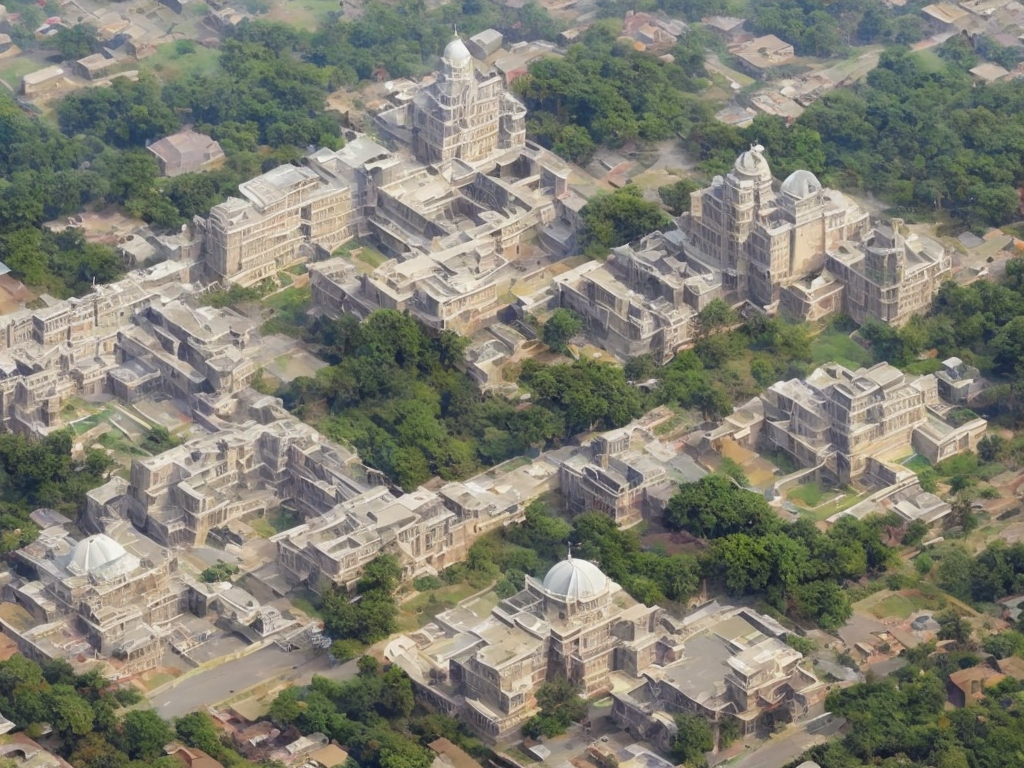
The Indian education system is divided into two primary boards: the Central Board of Secondary Education (CBSE) and the Indian Certificate of Secondary Education (ICSE). These two boards conduct exams and hold separate curriculums, methodologies, and grading systems. As parents and students consider the path ahead, it is crucial to understand the difference between the CBSE and ICSE boards. Let’s take a closer look at how the two compare.
Curriculum
When it comes to the curriculum, the biggest difference between CBSE and ICSE is their approaches to education. The CBSE board follows a more straightforward approach to teaching that is based on the principles of analytical thinking and application skills. CBSE syllabus is more focused on building a strong foundation in mathematics and science, with social sciences and languages being secondary subjects.
On the other hand, the ICSE board is more holistic in its approach and provides students with a more comprehensive education in every subject they teach. The curriculum is designed to encourage students to think critically and develop analytical skills. The ICSE course syllabus includes an array of practical applications and emphasizes subjects like English, social science, and commerce.
Exams And Grading Methodology
Both CBSE and ICSE exams are held annually, and students are assessed based on their performance in the tests. However, there are some differences between the two boards when it comes to the grading system.
For CBSE, the grading system is based on a nine-point system, where a score ranging from 91% to 100% is given for grades ranging from A1 to A+, and a score ranging from 51% to 60% is given for grades ranging from E1 to E.
The ICSE board, on the other hand, follows a 7-point grading system, where a score ranging from 90% to 100% is given for grades ranging from A1 to A and a score ranging from 33% to 40% is given for grades ranging from F1 to F.
While both boards have different grading scales, in terms of educational value, they are considered equivalent. Both boards are accepted by Universities and institutions in India and recognized abroad.
Teaching Methodology
The teaching method of CBSE is usually more lecture-based, and the curriculum is designed to be straightforward and to the point. The board focuses on building strong analytical skills and developing an understanding of fundamental concepts and principles.
On the other hand, the ICSE board emphasizes more on hands-on learning and interactive teaching methods. Practical knowledge is imparted to students through various experiments and projects, which helps them gain a deeper understanding of the concepts taught in the class.
Extracurricular Activities
The ICSE board encourages students to indulge themselves in extracurricular activities that can contribute to their overall development. The board emphasizes on critical thinking, creativity, and individual intellectual achievements. The board includes art, music, and drama in the curriculum to provide students with an all-round education.
The CBSE board, on the other hand, also stresses on developing overall personality of a student, but this is not infused in the curriculum. The boards do not emphasize on extracurricular activities as much as the ICSE board.
Conclusion
Ultimately, choosing the best board for your child is a highly individualized process. Both CBSE and ICSE are highly regarded boards of education that provide excellent instruction and prepare students for success in their academic careers. The key difference between the two lies within their approach to education. It is important to evaluate your goals and your child’s learning style before making a decision.
No matter which board you choose, it’s important to remember that the most important factor for your child’s success is their own passion for learning and academic curiosity. With the right attitude, any student can succeed and excel in their chosen educational path.
 Self-Instruct
Self-Instruct